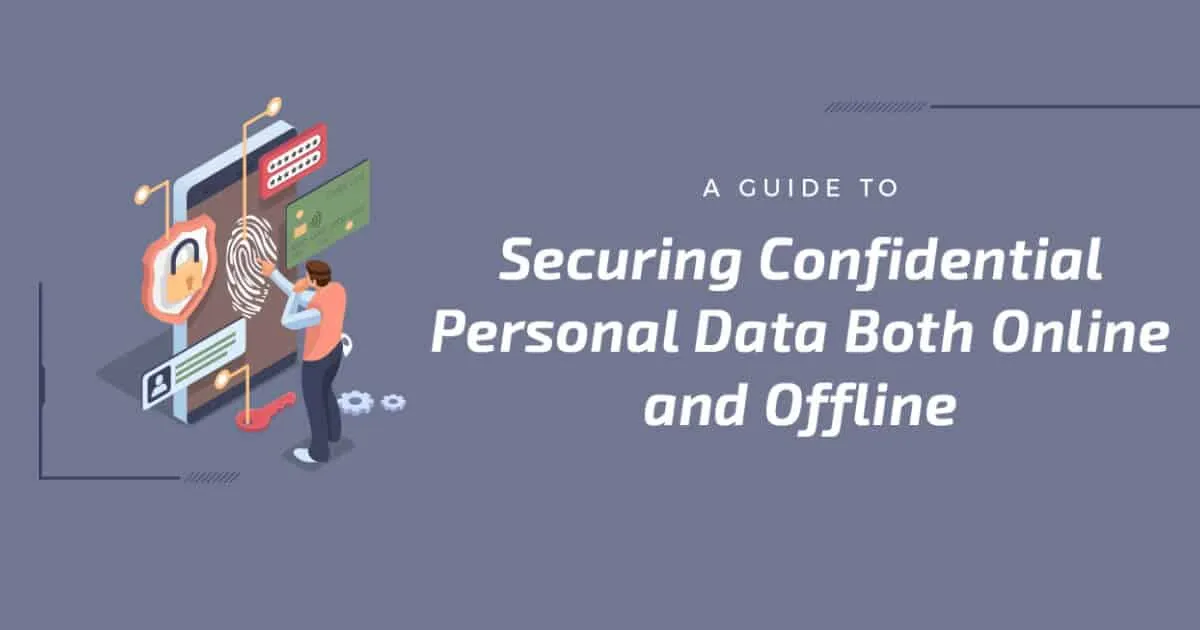

In the more globalized world of today, protecting your information online has never been more important. From identity theft to data breaches, the dangers are lurking out there, but fortunately, there are steps you can take to defend your information. Here at Cyber Unicorns, we’re dedicated to helping you remain safe online. Below is a step-by-step tutorial on how you can defend your personal data.
You need to have good, unique passwords for every account. A password manager will help you generate and securely store strong passwords, and you don’t even need to remember them.
Two-factor authentication adds another security step whereby another way of authenticating (e.g., SMS or auth app) is requested on top of your password.
Public Wi-Fi is not encrypted and thus exposed to cyber attacks. Do not use sensitive accounts or share personal details when on public Wi-Fi.
Social networking sites and other internet portals tend to update their privacy settings. Keep updating your privacy settings so that you only share information with people you trust.
Phishing messages and emails are designed to fool you into divulging information about yourself. Always check the identity of the sender before you act on seemingly malicious links and attachments.
A VPN secures your internet connection, and it is more difficult for hackers to steal your information. Use a VPN, especially when you use the internet from public networks.
Software updates typically include security patches that protect against newly discovered vulnerabilities. Enable automatic updates so your apps and devices remain up to date.
Regularly check your bank accounts, credit cards, and online accounts for unauthorized transactions. Report suspicious activity when found.
Identity thieves can also pilfer your data using paper documents. Shred all financial or personal documents before throwing them away.
For additional reassurance, consider using an identity theft protection service to monitor your personal information and alert you to potential threats.
Protecting your own data online requires you to be proactive and vigilant. Following these steps can reduce your risk of becoming a victim of cybercrime. Cyber Unicorns is committed to helping you stay safe online. Learn about our app and services in order to enhance your cybersecurity.
